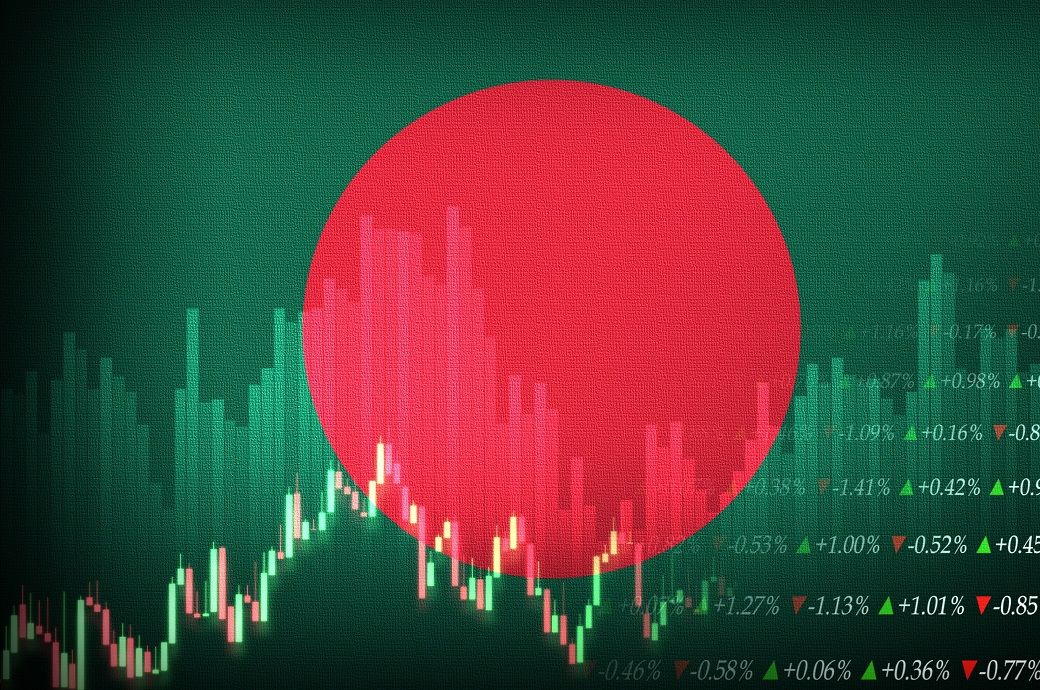
It estimates that the net general government debt will average about 35 per cent of the GDP till fiscal 2027-28 (FY28). However, the country's public interest burden is high, at about 26 per cent of revenues.
Following improvements in Bangladesh’s official foreign-exchange reserves, S&P Global Ratings recently affirmed the country's long-term sovereign credit rating at B+ and short-term rating at B, while calling its economic outlook stable.
This reflects the real growth rate per capita will remain quite strong compared to that of the country's peers, it noted.
The macroeconomic policies enacted over the past 18 months, such as transitioning to a more flexible exchange rate regime, allowing the local currency to depreciate, and tightening the monetary policy, are helping build foreign exchange liquidity, it said in a note.
But the country faces heightened trade risk from relatively high US tariffs, it cautioned.
The country's real economic growth rate, which decelerated meaningfully over the past two years, may pick up the pace if political and external stability solidifies over the next 12 months, according to the rating agency.
It said annual growth should accelerate to about 6.1 per cent in the next three years if these conditions materialise as the economy bounces back from the 2024 political crisis.
Bangladesh's uncertain political landscape may constrain the effectiveness of its institutions and policy certainty in the near term until a more lasting solution emerges, it observed.
The US tariff rate of 35 per cent, which will potentially apply to Bangladeshi imports from August 1, could affect labour market conditions if the two countries fail to reach a more effective agreement, S&P Global Ratings said.
Modest per capita income, which it estimates at about $2,620 in the fiscal year ending in June 2025, remains one of the main constraints for Bangladesh's rating.
It also said Bangladesh's interest burden is elevated, especially relative to the government's very low revenue collection.
Besides, the country relies entirely on official bilateral and multilateral partners for its foreign currency borrowing, which partially mitigates risks to its debt profile.
Monetary and external policy reforms undertaken by the Bangladesh Bank are helping restore the country's external stability, it said.
Bangladesh's narrow revenue base constrains the government's flexibility to provide fiscal support in times of stress, it noted.
Revenue generation remains critically low as a share of the economy and when benchmarked against other sovereigns, it added.
ALCHEMPro News Desk (DS)
Receive daily prices and market insights straight to your inbox. Subscribe to AlchemPro Weekly!